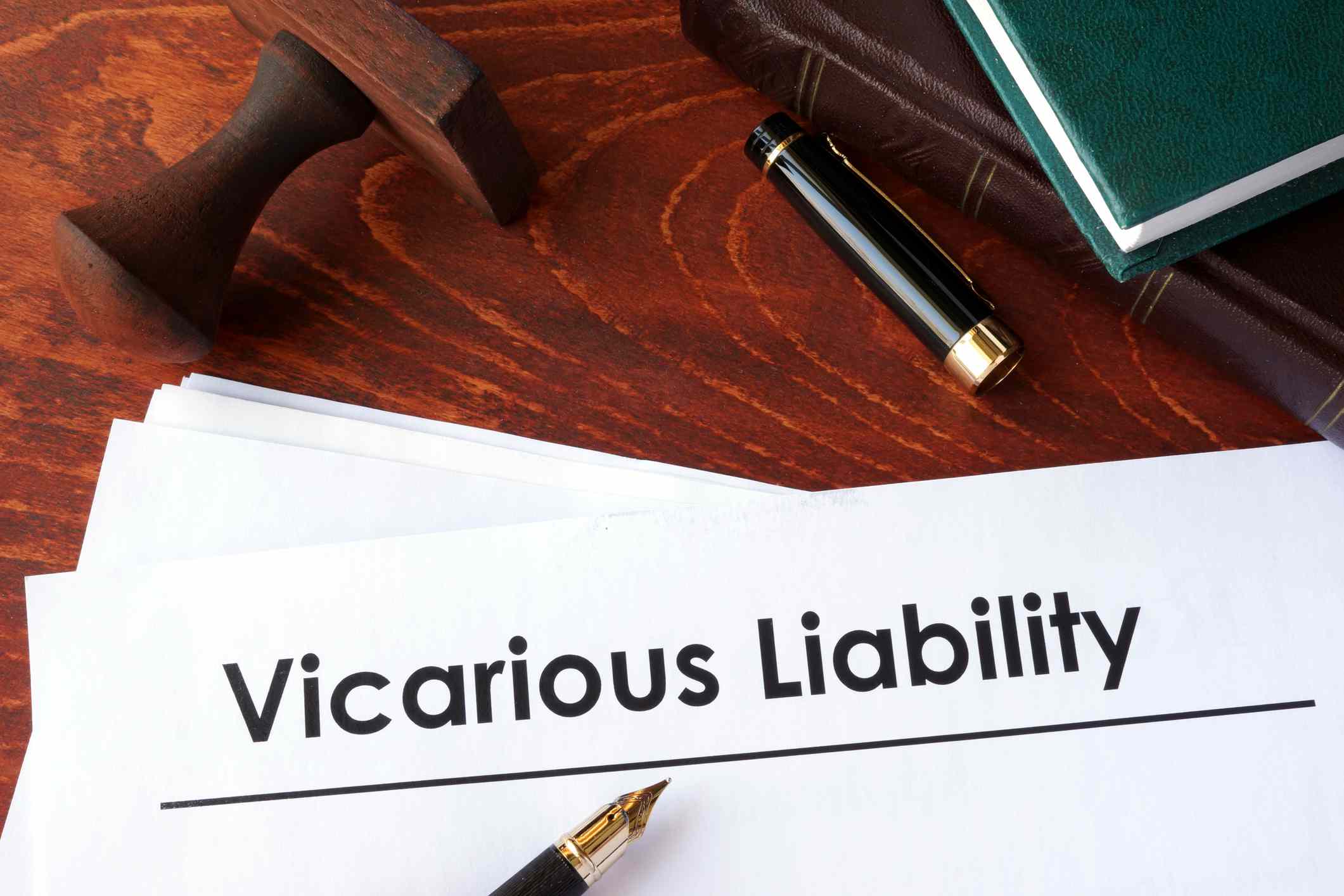Understanding Liability for Property Damage During Work
In the course of performing job duties, accidents can happen. One common situation many employees face is accidentally damaging property while fulfilling their responsibilities. For example, a delivery worker might unintentionally break a door handle while making a delivery. Understanding who is legally responsible in such scenarios is crucial for both employees and employers. In this article, we will explore the legal principles governing liability for property damage incurred within the scope of employment, the role of negligence, insurance implications, and best practices for employees to follow if such an incident occurs.
The Doctrine of Respondeat Superior: Employer Liability
The cornerstone of determining liability for damages caused during the execution of job duties is the legal doctrine known as respondeat superior. Under this principle, an employer is generally held liable for the actions of their employees, provided those actions occur within the scope of employment. This means if an employee accidentally breaks a door handle while delivering goods, the employer bears the responsibility for reimbursing the property owner for the damage.
Respondeat superior serves to protect employees from personal financial liability for accidents that happen incidentally to their job functions. This doctrine recognizes that employers have control over the working environment and benefit from the employee’s labor, so they should assume responsibility for mishaps arising in the workplace.
Scope of Employment: What Does It Mean?
The scope of employment refers to actions performed by an employee that relate to their job duties and are undertaken in the course of performing work. A damage incident that occurs while the employee is engaged in their assigned tasks usually falls within this scope.
For example, breaking a door handle during a delivery when opening or closing a customer’s door is within the scope of employment. However, if the damage happened during a personal activity unrelated to work, such as entering a property for non-work reasons, the employee might be personally liable.
Negligence and Intentional Acts: When the Employee Might Be Liable
While employers are generally liable for damages caused by employees, there are exceptions, primarily when an employee acts negligently or with intent to cause harm. Negligence implies failure to exercise reasonable care, leading to accidental damage that could have been avoided.
However, courts often require the property owner to prove negligence or intentional wrongdoing by the employee to hold them personally responsible. If the door handle was already loose or defective and the damage occurred merely as a consequence of legitimate job duties, proving negligence is unlikely.
On the other hand, if an employee deliberately breaks property or behaves recklessly, they could bear personal liability, and the employer might be exempt from responsibility under respondeat superior.
Insurance Coverage for Property Damage
Most companies maintain insurance policies that cover accidental damage to third-party property caused by employees during work. This coverage protects both the employer and employees, ensuring that repair or replacement costs do not fall on the individuals who caused the damage inadvertently.
Employees should be aware that their company’s insurance is typically the appropriate channel for addressing claims related to property damage during work activities. Filing a claim through the insurer allows for prompt resolution and reduces complications.
Best Practices for Employees in the Event of Property Damage
When an employee accidentally causes property damage while performing work, there are several crucial steps to follow:
- Report the incident immediately to the employer or supervisor, providing a clear and factual account of what happened.
- Document the damage by taking photographs or writing detailed notes regarding the circumstances of the incident.
- Avoid admitting fault or agreeing to pay for damages out of pocket without guidance from the employer or legal counsel.
- Cooperate with any investigations or claims processes initiated by the company or insurer.
- Keep copies of all communications and documents related to the incident and any subsequent claims.
Legal Considerations for Employees and Employers
Employees should understand that the law is designed to balance protection between employees, employers, and property owners. The doctrine of respondeat superior emphasizes that employers must assume responsibility for their employees' actions during work, fostering a safer and more accountable business environment.
From the employer’s perspective, it is essential to maintain adequate insurance coverage and provide employees with training on handling property and equipment carefully. Establishing clear reporting procedures ensures swift resolution of any damage incidents.
Property owners seeking compensation must usually prove that damage was caused negligently or intentionally by the employee rather than simply by accident. This safeguards employees from undue personal liability for normal work-related mishaps.
Case Studies and Real-Life Examples
Consider a delivery driver who, while delivering a package to a customer’s home, accidentally breaks a screen door handle that was already weakened by rust. Since the damage occurred during the delivery and the handle's defective condition contributed to the failure, the employer is responsible for repair costs, and the driver is protected under respondeat superior.
In another scenario, a maintenance worker intentionally breaks a window out of frustration. In this case, the worker could be held personally liable since the act was intentional and outside the scope of their duties.
Mitigating Risks: Employer Policies and Employee Training
Employers can reduce the likelihood of property damage during work by implementing comprehensive policies and employee training:
- Clear instructions on handling customer property and equipment.
- Protocols for reporting accidents promptly and accurately.
- Regular safety training to enhance awareness and caution among employees.
- Establishing a system to inspect and maintain company equipment to avoid accidents caused by faulty tools.
What to Expect After Reporting Property Damage
Once an incident is reported, employers typically notify their insurance company to initiate a claims process. The insurer may investigate the circumstances, review documentation, and assess liability. Throughout this process, employees should maintain communication with their employer and follow any instructions given.
Employees can expect that the insurer will handle negotiations and settlements with the property owner. This process protects employees from direct involvement in legal disputes and potential financial claims.
Legal Rights and Protections for Employees
Employees have several rights in cases of property damage during work:
- Protection from personal financial liability if the damage occurred without negligence or intent.
- Right to representation or advice, especially if the property owner asserts claims against them personally.
- Access to employer-sponsored insurance coverage for claims stemming from work-related incidents.
Conclusion
In conclusion, accidental property damage caused while performing job duties is generally the employer's responsibility under the doctrine of respondeat superior. Employees are typically shielded from personal liability unless negligence or intentional misconduct is proven. Understanding this legal framework helps employees manage such incidents properly, emphasizing prompt reporting, documentation, and allowing the employer and insurer to handle claims. Employers benefit from maintaining proper insurance and training to mitigate risks and foster a safe working environment.
At Legal Marketplace CONSULTANT, we specialize in providing comprehensive legal support to both employers and employees, ensuring clarity and protection in workplace-related liability matters.
Legal Marketplace CONSULTANT — your trusted partner in legal matters related to employment, liability, and insurance. We provide expert advice and representation, ensuring your rights and responsibilities are clearly understood and protected.































